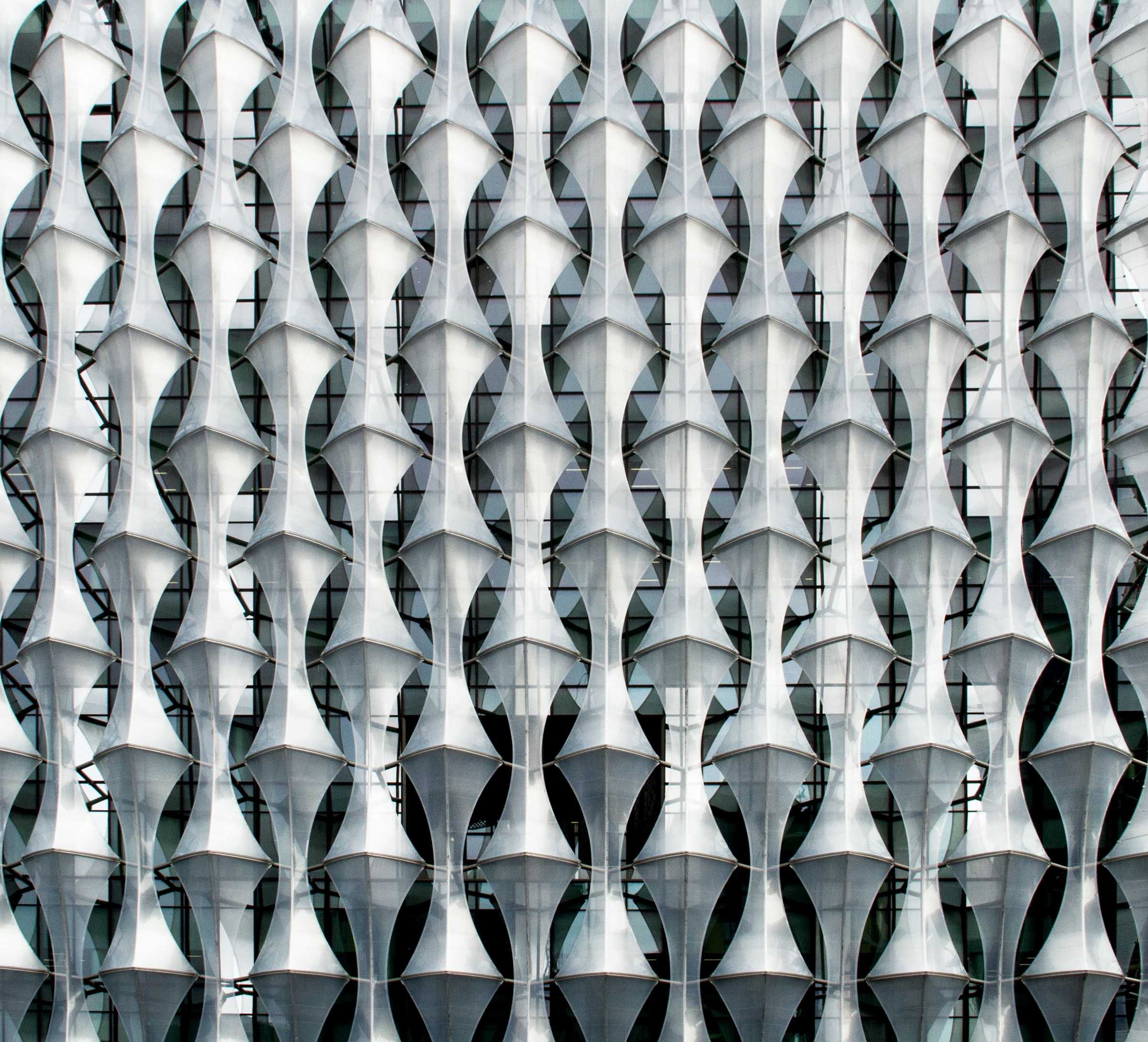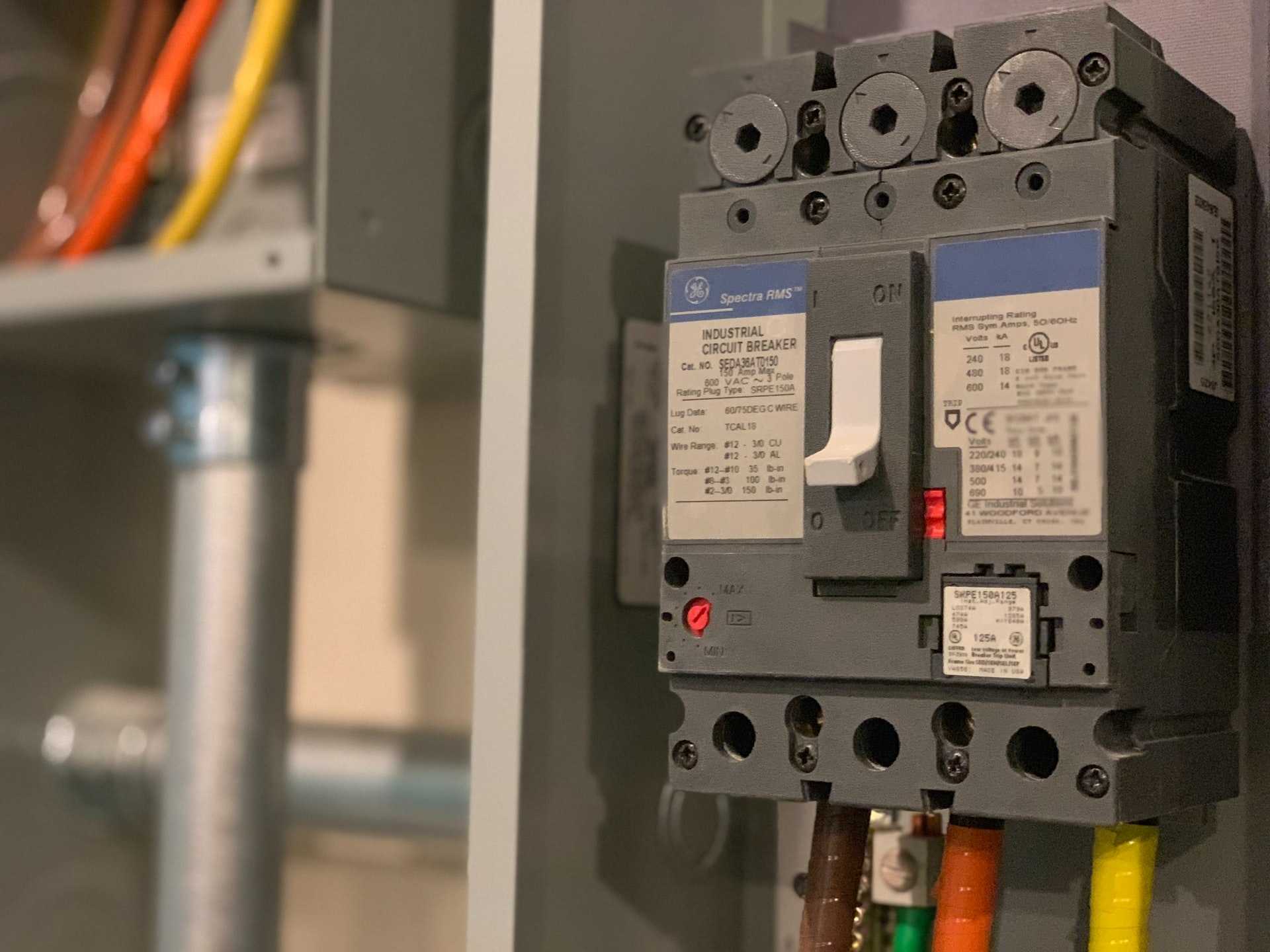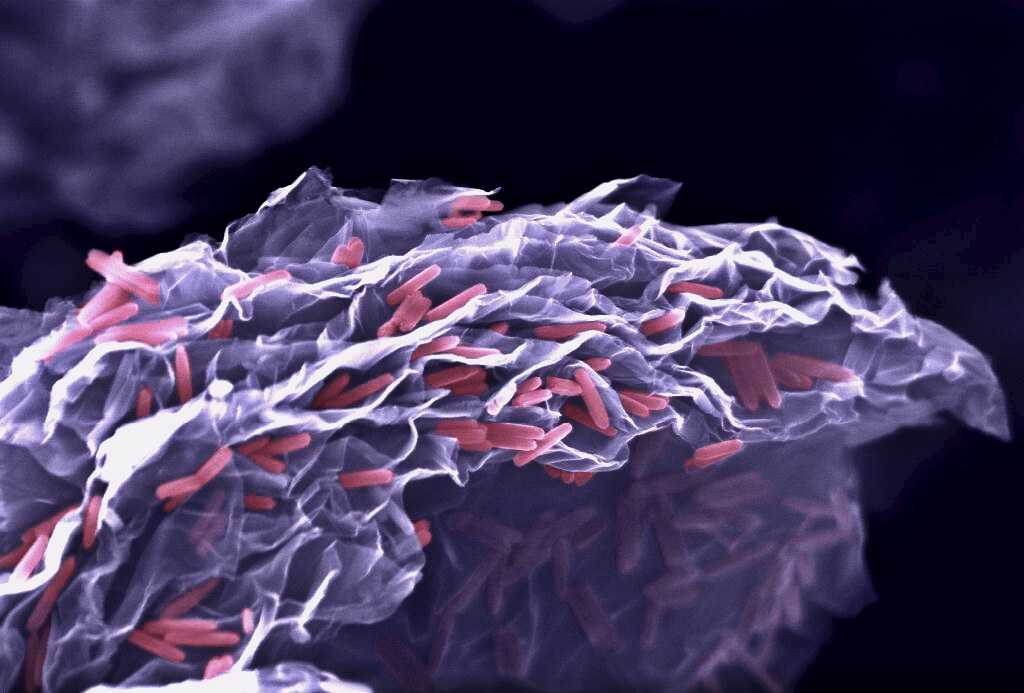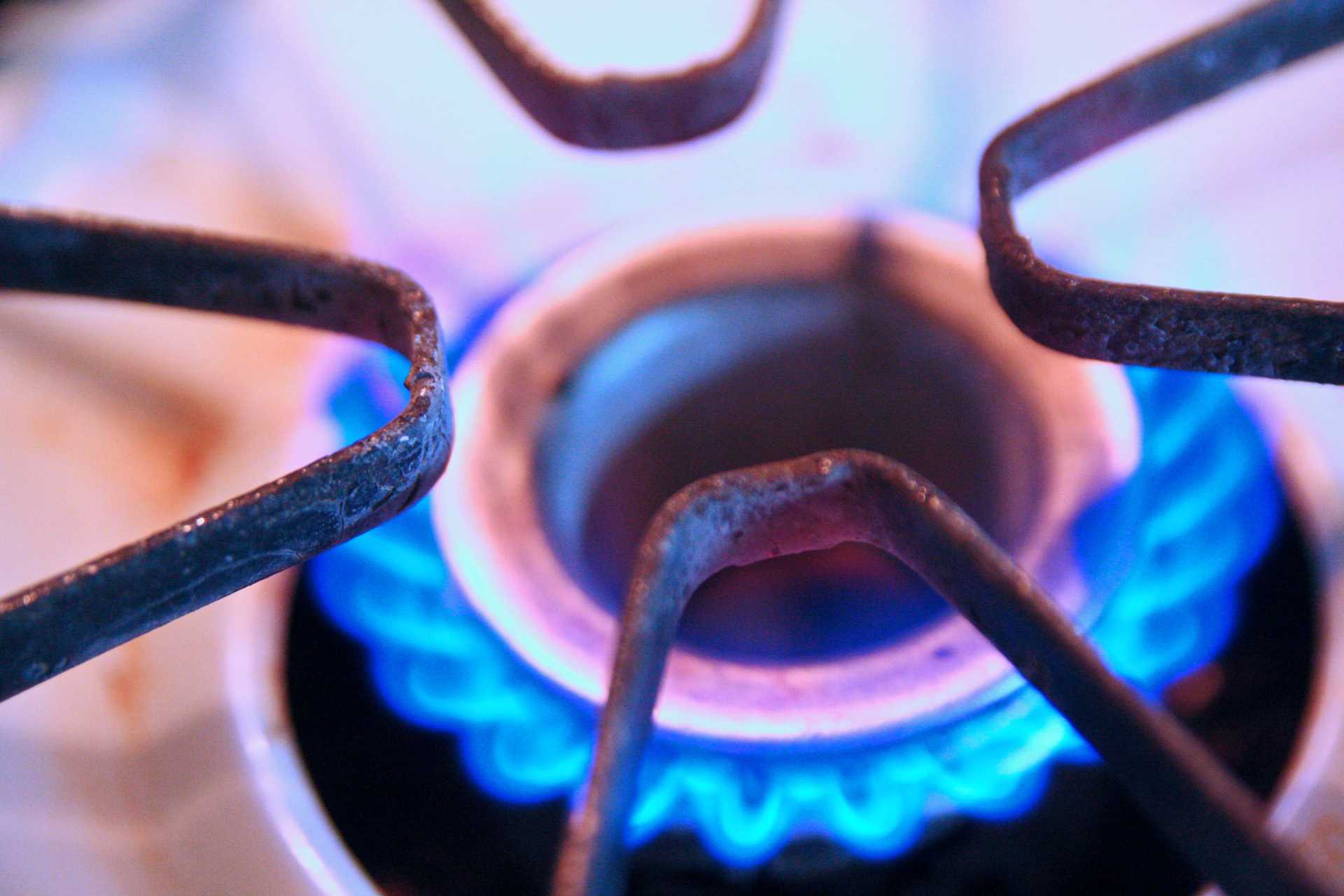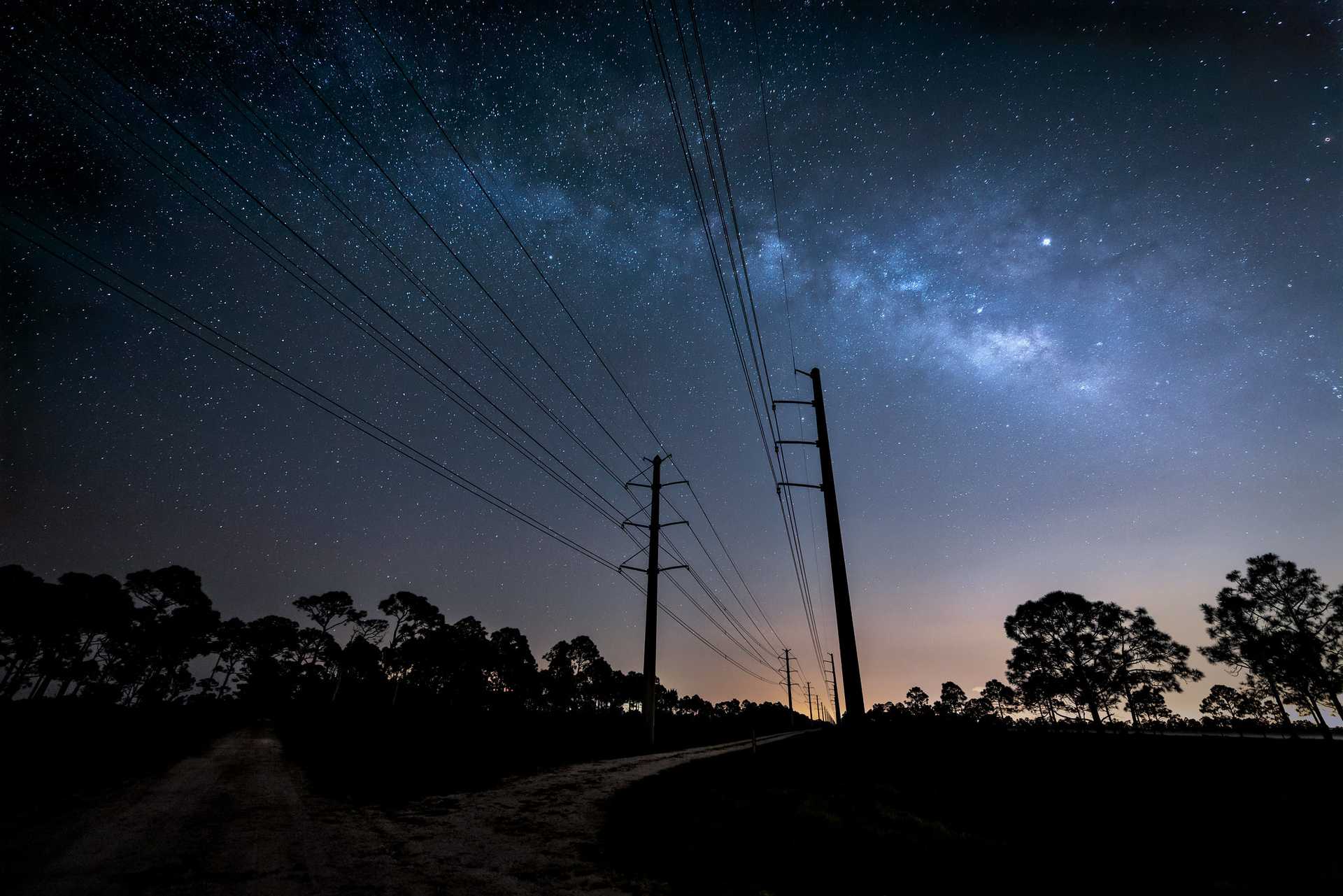
Universal electrification
From fossil fuels to renewables.
How likely? How soon? What impact?
Over the coming decade and beyond, decarbonization will drive the urban technology agenda more than any other goal. Universal electrification will be a major step. It means changing how buildings use energy, and replacing chemical fuels in transportation. Doing this right means rebuilding the power grid too. The electrical grid is the largest and most complex machine ever built. But this network of networks needs to become smarter, more connected, more reliable, and more efficient.
This is not a new idea. The 1901 Pan-American Exposition in Buffalo, New York, laid out a vision for an urban future powered solely by electricity. Today's cities will be at the forefront of this change. Engineering advances at both nano- and mega- scales will make it possible. New materials will help us store and release energy more dynamically, whether the drawdown is for a phone, a car, a building, or an entire neighborhood. And as we connect more of the devices we use to both generate and consume power to a common "internet of electricity," we'll unlock new opportunities to harness clean sources of energy and balance them with our demands.
Signals
Signals are evidence of possible futures found in the world today—technologies, products, services, and behaviors that we expect are already here but could become more widespread tomorrow.
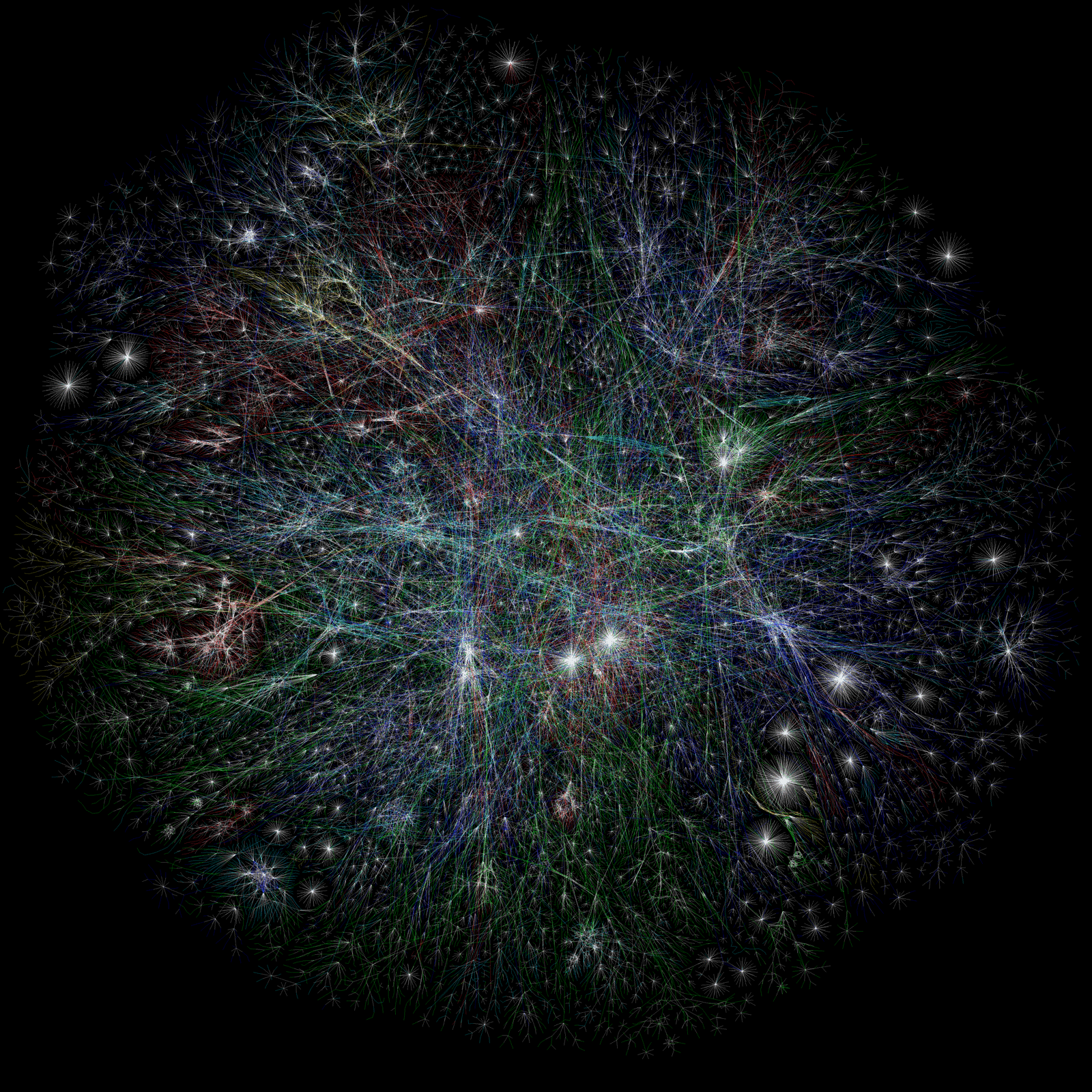
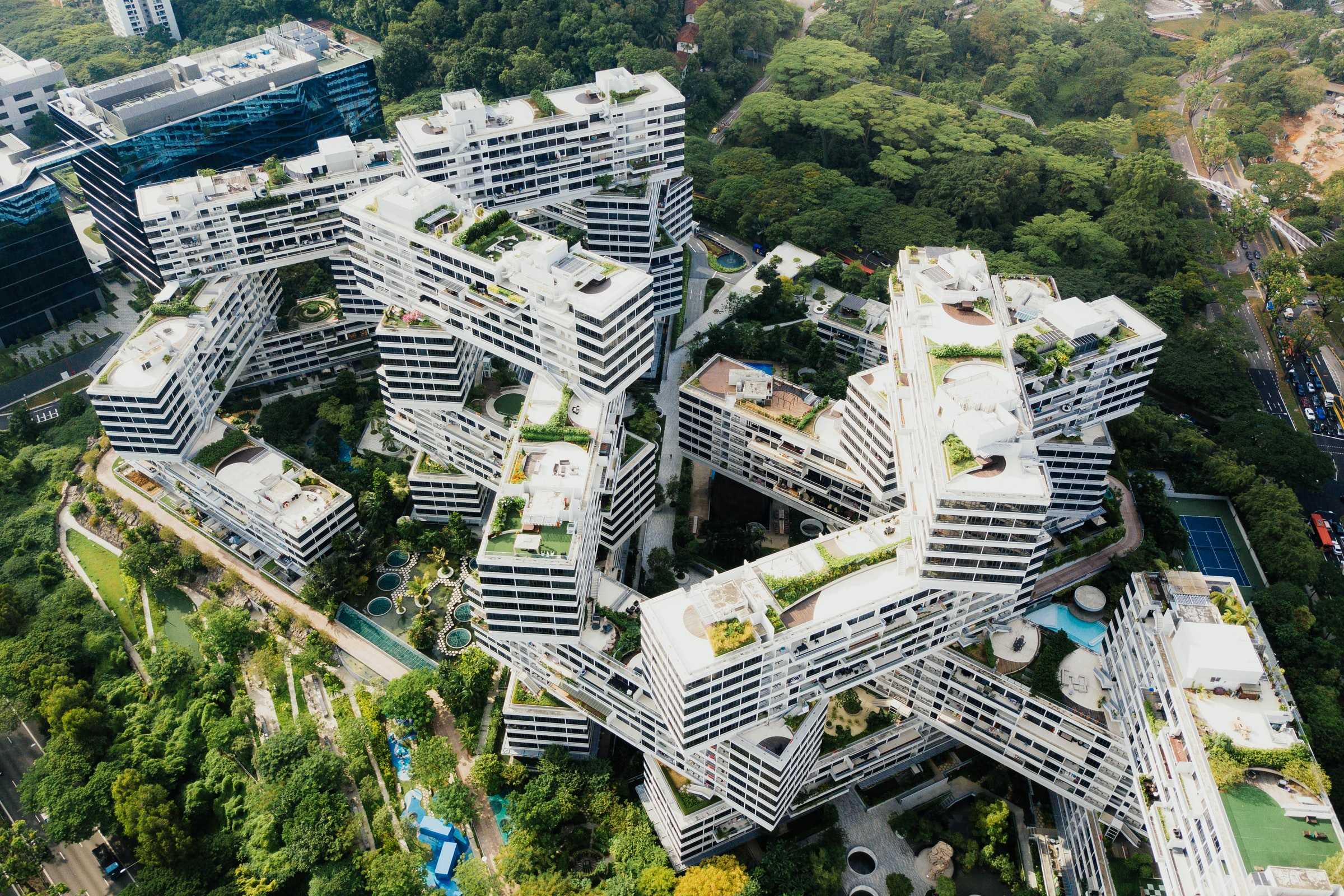


..png)
